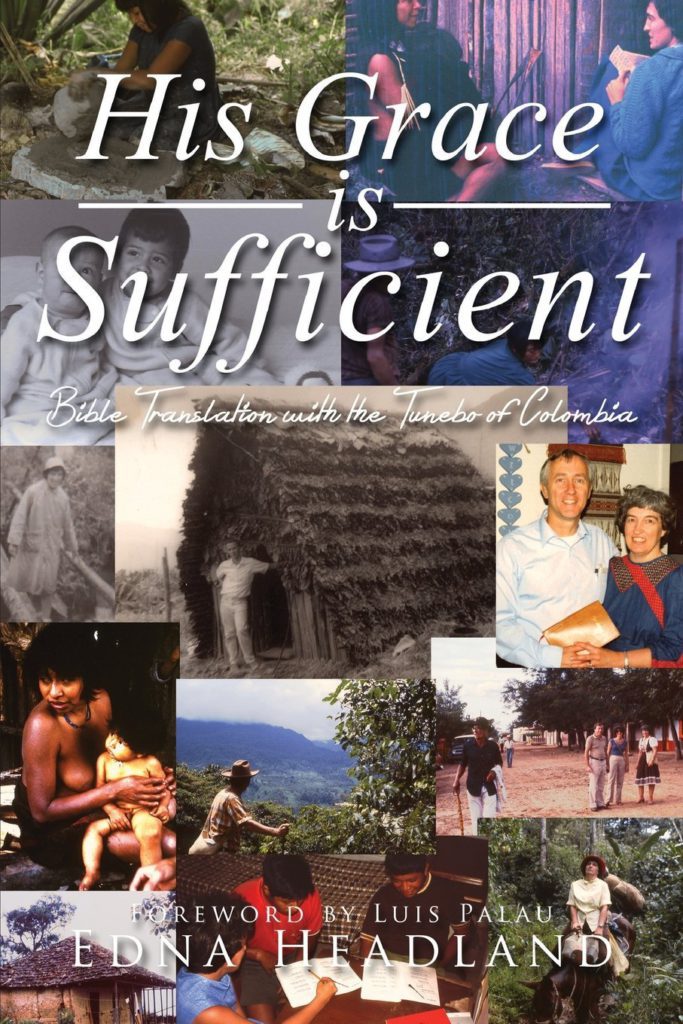Related Articles
His Grace is Sufficient
One challenge in ministry is the need to see immediate results. Many missionary biographies end with stories of a growing local church and lives being transformed by the word of God. But this book is the story of a strong commitment to Jesus Christ in the midst of obstacles and opposition.
Welcoming the Stranger
Presenter: Matthew Soerens, US Director of Church Mobilization, World Relief Description: Refugee and immigration issues have dominated headlines globally recently. While many American Christians view these…
From Unhealthy Dependency To Local Sustainability
Presented by: Jean A. Johnson, Executive Director of Five Stones Global Description: It takes a great amount of intentionality to create a culture of dignity,…
The Landscape of Bible Translation in the 21st Century
By Phil King and Dick Kroneman | The rich and diverse landscape of Bible translation, today, brings together past wisdom and present innovative opportunities to meet ongoing challenges and explore new territories.
Identity, Security, and Community
By Dick Brogden Jeddah, KSA. November 2019 Synopsis: God is light and in Him there is no darkness at all (1 John 1:5). It is…




